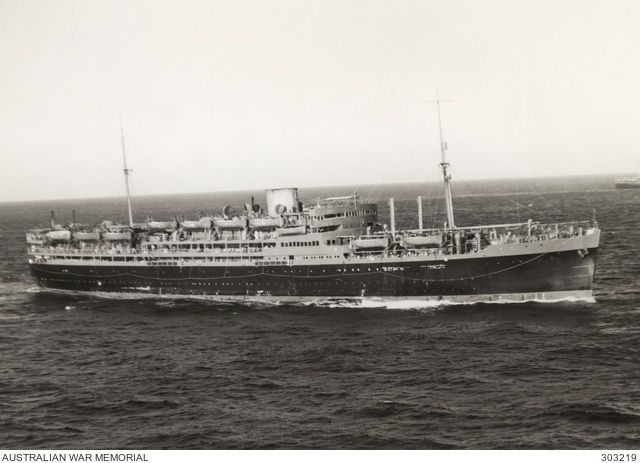My eldest son and I are survivors of the 'Arandora Star'
- Joanne Tapiolas
- Jun 4, 2025
- 2 min read
Giuseppe Martinez was born Napoli, Italy on the 19th March 1881. He was arrested on the 10th June 1940 and shared his internment journey with his eldest son Carlo.
Intelligent, articulate and educated, Giuseppe applied for release from internment on the basis of several categories of the White Paper: Cat 22: resident in UK for 20 years or more; Cat: 8 Scientists, researchers and persons of academic distinction for whom work of importance in their special fields is available; Cat 4: Individuals who, at the time of their internment, held an employment permit issued by the Aliens War Service Department; Cat 5: Persons who, at the time of their internment, had permission from the Secretary of State or local Chief Constable to remain in an Aliens Protected Area; Cat 6: Individuals who occupied key positions in industries engaged in work of national importance. His succinct letters outlined the reasons and proof of his eligibility under each category.
He was tenacious. In the first instance, in January 1941, Giuseppe applied for release within Australia and was given a favourable response via an interview with Australian authorities. In November 1941, Major Layton advised Giuseppe that release within Australia was out of the question. He applied for an appeal to the Home Office in July 1942 which was not approved in September 1942. Once again in February 1943, Giuseppe wrote to the Home Office but his application was refused in October 1943.
Giuseppe’s career credentials were impressive. From 1920 – 1925, he was Manager of Pirelli General Cable Works Southampton, England and from 1925 until internment, Giuseppe was Director and General Manager who was responsible to the Board of Directors for technical and commercial control of the company which employed 2500 employees. He held memberships with the Institution of Electrical Engineers England, Institution of Mechanical Engineers England, Association of Electronics Italiana and Institution of Rubber Industry.
An Intelligence Office report of January 1944 noted that his interests in Italy was in the scientific not political realm and that he was not considered a security risk. In the light of his qualifications, it was believed he could be more profitably employed. His financial interests were tied to England in that he was the owner of a private company with nominal capital of £20,000, held £30,000 in a deposit account with Pirelli and owned Dibden Manor and 200 acres of agricultural freehold worth £25,000.
On the 19th September 1944, Giuseppe was released to Melbourne as ‘infirmed’. He returned to Liverpool, England on the 29th March 1945.
Giuseppe had applied for naturalisation in August 1939 but it wasn't until 11th March 1947 that he was granted his Certificate of Naturalisation.
On the 9th June 1966, Giuseppe passed away.




Comments